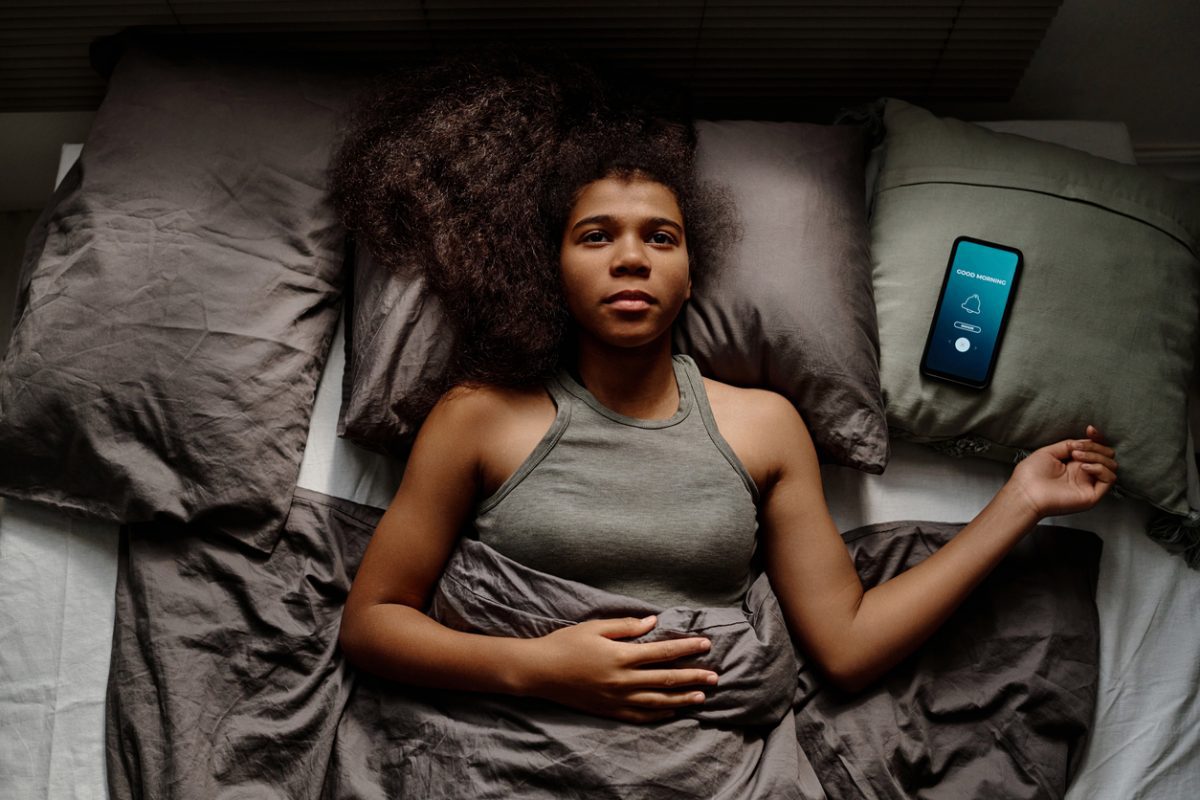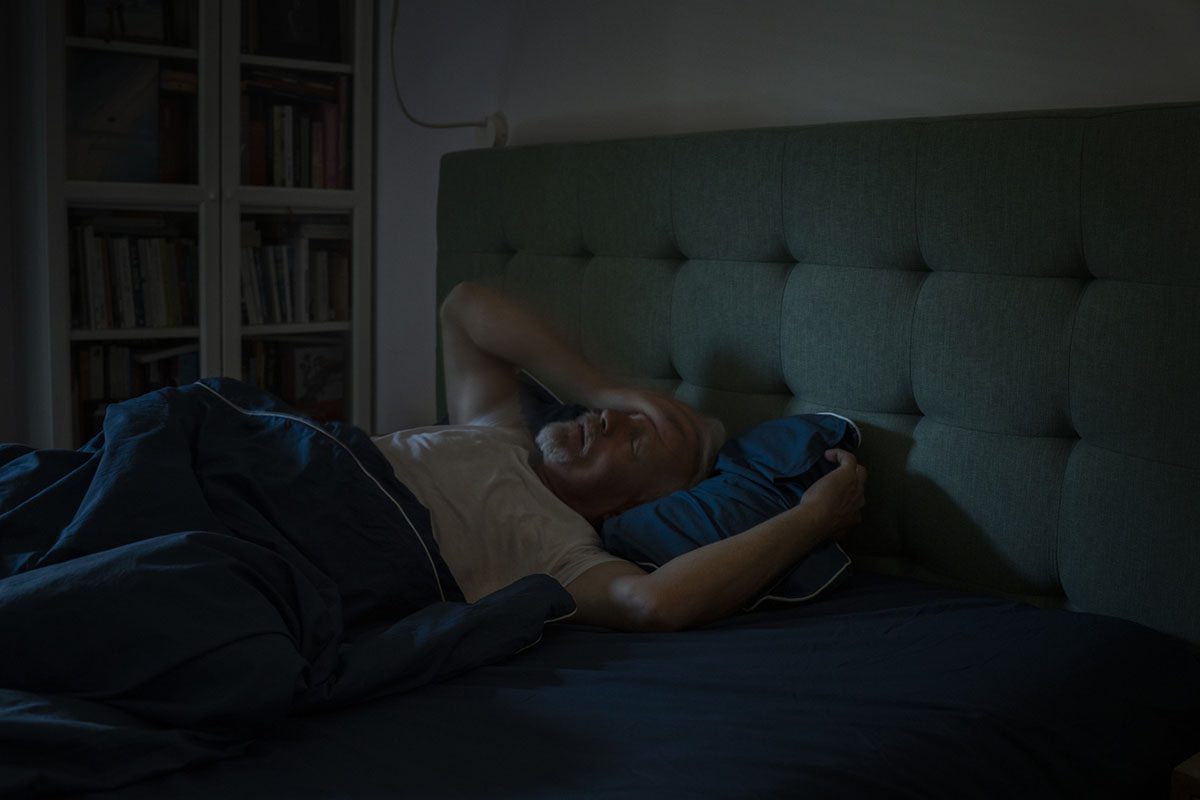Objective: Sleep disturbance is common in psychiatric disorders. However, the relationships of core parameters in sleep research, such as total sleep time (TST), with depression and anxiety disorders are unclear and have rarely been investigated in large population-based studies.
Method: This study was embedded in the Rotterdam Study, a community-based cohort study of elderly persons living in a district of Rotterdam, The Netherlands. Between January 2002 and December 2005, sleep parameters were assessed with the Pittsburgh Sleep Quality Index in 5,019 persons aged 58 to 100 years. DSM-IV-TR diagnoses of depressive and anxiety disorders were ascertained by psychiatric interview (the Schedules for Clinical Assessment in Neuropsychiatry for depressive disorders and a slightly adapted Munich version of the Composite International Diagnostic Interview for anxiety disorders). Associations between sleep parameters and psychiatric disorders were investigated with analyses of covariance and logistic regression models.
Results: Both short-duration (<‘ ‰6 hours per night) and long-duration (≥’ ‰9 hours per night) sleepers were more likely to have a depressive disorder (P’ ‰<‘ ‰.001) than were those sleeping 7 to <‘ ‰8 hours per night; the association between TST and anxiety disorders was also U-shaped. These associations were stronger in people who did not use psychoactive medication but did not substantially change after exclusion of persons with probable sleep apnea or excessive alcohol use. Participants with a depressive disorder and a comorbid anxiety disorder reported a 1-hour shorter TST than persons with 1 disorder or no disorders (P’ ‰<‘ ‰.001). On average, however, depressed persons spent more time in bed than did the nondepressed group.
Conclusion: In a community-dwelling older population, not only insomnia or short sleep but also long sleep can be symptomatic of psychiatric disorders such as depression and anxiety disorders.
Submitted: June 6, 2008; accepted October 8, 2008.
Online ahead of print: July 14, 2009.
Corresponding author: Henning Tiemeier, MD, PhD, Department of Epidemiology, Erasmus Medical Center, PO Box 2040, 3000 CA Rotterdam, The Netherlands ([email protected]).
Members Only Content
This full article is available exclusively to Professional tier members. Subscribe now to unlock the HTML version and gain unlimited access to our entire library plus all PDFs. If you're already a subscriber, please log in below to continue reading.
Please sign in or purchase this PDF for $40.00.
Already a member? Login





